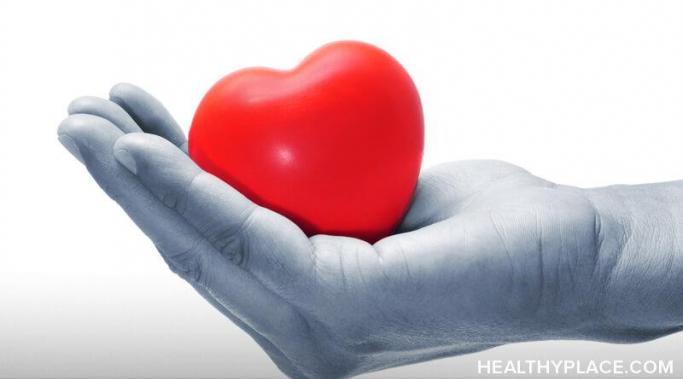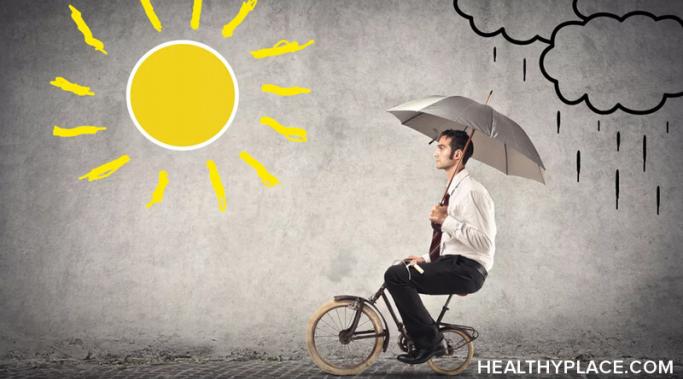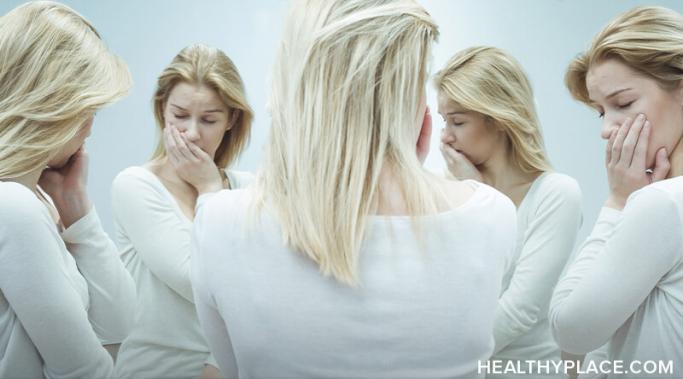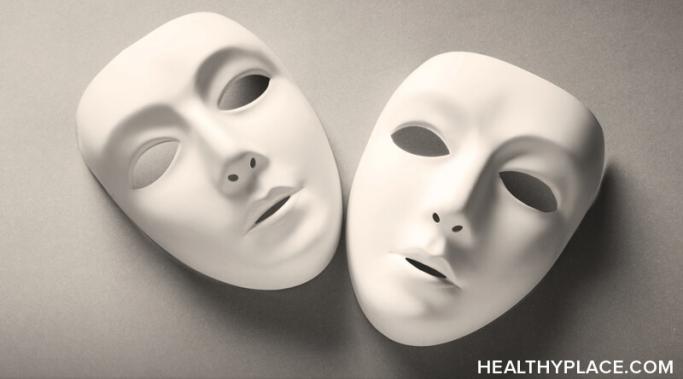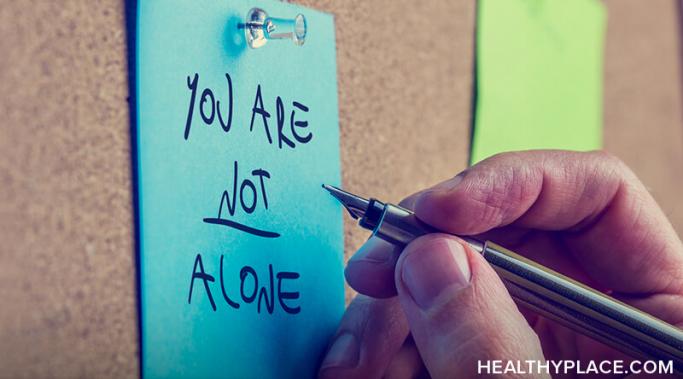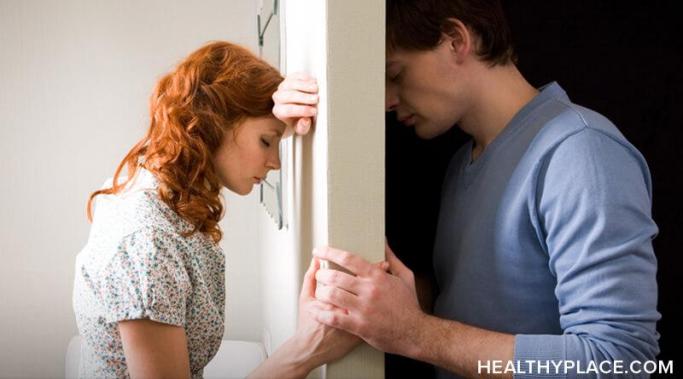This is my last post for the "Relationships and Mental Illness" blog. I'm grateful for the opportunity I've had to write about my experience with mental illness for HealthyPlace. As I leave this blog, I'm determined to keep learning about how to love myself and others better. When it comes to writing about relationships, if there's one thing I've learned, it's that I still have a lot to learn.
Mental Illness Impact on Others
Sometimes I wonder what my life would look like if I didn't have borderline personality disorder (BPD) and complex posttraumatic stress disorder (complex PTSD). It saddens me to think about the experiences and accomplishments I may have missed out on due to my ongoing battle with mental illness. While it's impossible to know the life I could have had, it's an interesting thought experiment to look back and imagine how things could have turned out differently. What if I'd led a life without mental illness?
As someone who lives with borderline personality disorder (BPD) and complex posttraumatic stress disorder (PTSD), I'm engaged in a daily struggle to maintain my sanity. What impacts my sanity the most is the belief that I've said or done something to interfere with other people's sanity. I've learned that the best way to interfere with other people's sanity is to become involved with them in intimate relationships. That way, I can offer them front-row seats to witness my cyclical descent into instability and be swept up into it themselves whenever they try to bring order to my intermittently untameable internal chaos. I don't know how to stay sane, in love, or out of it. When it comes to relationships, all I seem to do is bring my partners into the eye of the storm of a woman who's lost her center and herself.
I was diagnosed with borderline personality disorder (BPD) in my 20s after a pill overdose and a pseudopsychotic episode. After receiving outpatient care for a year, I was told that I no longer met the criteria for BPD. In the years since, I've been living my life with the understanding that I have depression, anxiety, and complex posttraumatic stress disorder (PTSD). This changed in 2022. (Note: This post contains a trigger warning.)
Like many people who live with borderline personality disorder (BPD), the relationships in my life have been turbulent: I've been estranged from my family on several occasions, and my friendships rarely last longer than a few years. However, the most dysfunctional relationships I've had have been with my two long-term romantic partners. I don't like how I behaved in either of those relationships, yet I felt helpless to find a way to behave differently. I watched myself become passive-aggressive, demanding, argumentative and possessive. I witnessed the hurt I caused and wrestled with intense shame, despair, and self-loathing. The turmoil I struggled with in my relationship with my first boyfriend was so intense that, after our breakup, I ended up overdosing as a cry for help. (Note: This post contains a trigger warning.)
People who have borderline personality disorder (BPD) have a reputation for being difficult to treat in therapy and not trusting therapists. As someone who has BPD, I can attest to this: I can be very defensive, and I have a habit of trying to do the therapist's job by diagnosing myself and telling them what I think I need. I also don't stick with any therapist for long and have been known to bail with almost no warning.
Juliana Sabatello
You've probably seen that quote floating around the Internet, often attributed to Marylin Monroe: "If you can't handle me at my worst, then you don't deserve me at my best."1 People who like this quote might take it to mean that people who walk away from us in hard times don't deserve to be in our lives during the happy times. I agree with this sentiment, but the wording doesn't quite sit right with me.
Juliana Sabatello
Apologizing when we wrong someone is an important social skill, but overapologizing, when it isn't necessary, can actually put a strain on our relationships. My anxiety compelled me to say sorry any time I felt insecure, guilty, ashamed, or worried in a social situation, and people would become annoyed and frustrated with me because of it. I would then apologize for annoying them with my apologizing, which continued from there in n cycle that was exhausting for everyone involved.
Juliana Sabatello
Love is a powerful force, but when it comes to loving someone with mental illness, we have to think about how to love through a different lens. We all likely have seen this type of story before where someone with mental illness or trauma falls in love, finds happiness, and suddenly all pain and hardship disappears for good. These stories put the emphasis on the partner as some type of savior, valiantly rescuing a "broken" person through the power of love. These savior stories create unrealistic expectations of what it's like to love people with mental illnesses as if the right person can rescue them from their darkness and pull them back into the light.
Juliana Sabatello
Anxiously overthinking a social interaction is a common event. We all have likely experienced a time when we couldn't stop ruminating over a conversation we had, thinking about everything we said or what we could have said differently. For those of us with anxiety disorders, this anxious overthinking can spiral out of control, affect our social lives, and even make our anxiety worse. I personally have a problem with overthinking. I often ruminate on these questions: Is that person mad at me? Did I say something wrong? Did I talk too much? Should I have said something different? Maybe these thoughts as familiar to you as they are to me.
